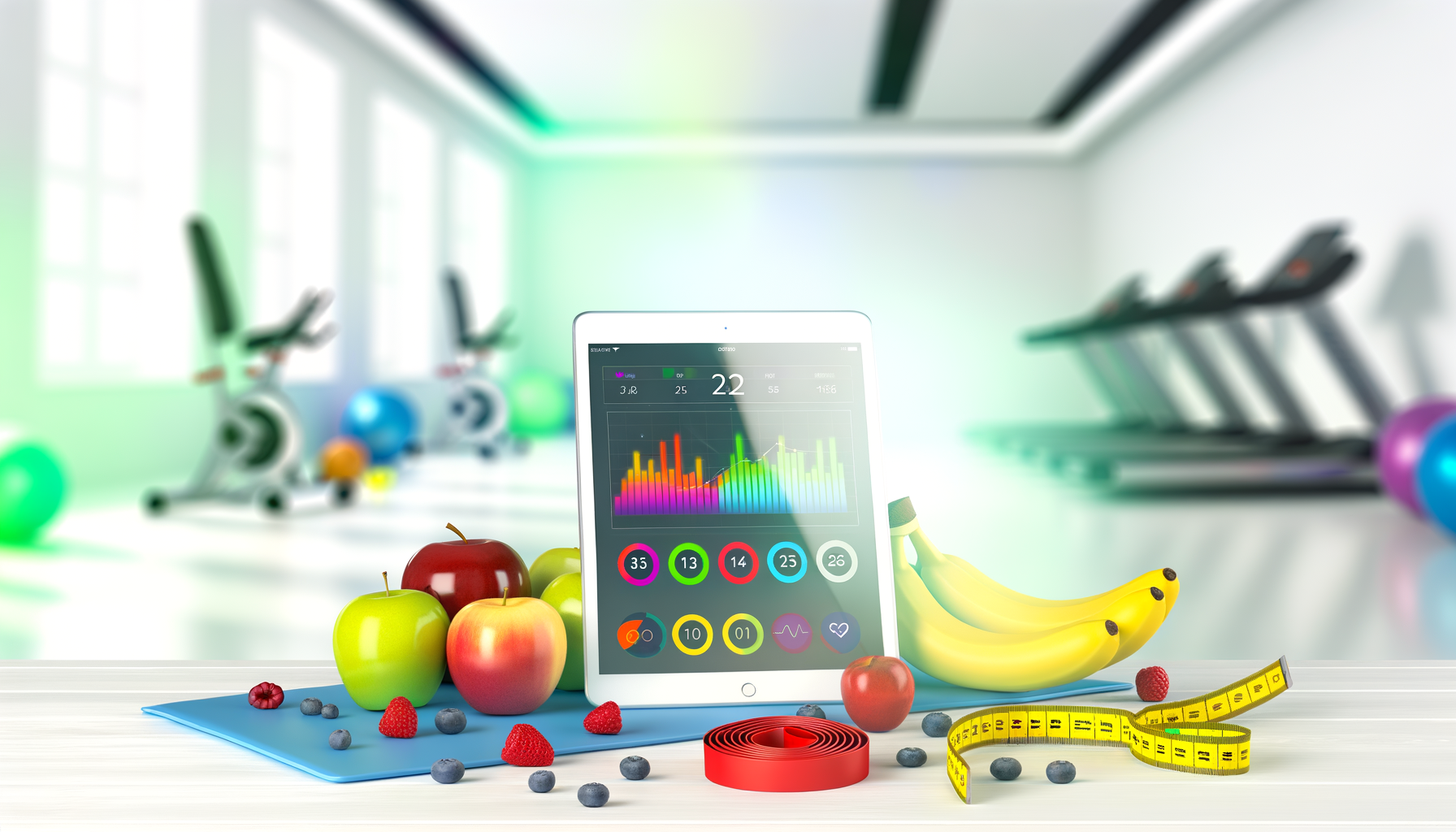Transforming Health Startups with Smart Calculator Tools
Health startups operate in a competitive and rapidly evolving market where user engagement, precise nutrition tracking, and reliable health data analytics define success. The integration of advanced calculator tools — especially calorie calculators for startups and nutrition calculators for businesses — is proving to be a game changer by streamlining user experience, enhancing customer retention, and providing actionable insights. These tools are no longer optional add-ons; they have become essential health startup tools that empower companies to offer tailored health solutions with greater precision and scalability.
Why Calorie Calculators Are Vital for Health Startups
Health startups frequently grapple with the challenge of delivering precise nutritional guidance that’s easy to access and understand. A sophisticated calorie calculator enables these startups to:
- Provide personalized nutrition tracking: By allowing users to input meals and receive exact calorie counts, startups enhance the credibility of their offerings.
- Engage startup users deeply: Interactive calculators help users stay motivated by setting clear, measurable goals tied to calorie intake and expenditure.
- Differentiate their app or platform: Offering robust, scientifically-backed tools such as a calorie calculator establishes authority and trust.
- Collect valuable user data: Startups can analyze aggregated nutritional data to fine-tune product features and create customized recommendations.
For example, successful health-focused platforms like MyFitnessPal have built vast communities around their calorie tracking capabilities, demonstrating how these calculators drive long-term user retention and business growth.
Core Health Tech Features a Calculator Must Have
Developing or integrating a calorie or nutrition calculator requires more than basic arithmetic. Cutting-edge health tech features include:
- Extensive Food Database: Access to a comprehensive repertoire of foods, including international cuisines and branded items, ensures users receive accurate calorie and macronutrient data.
- Real-Time Updates and Adaptivity: Dynamic adjustment for activity level, age, weight, and health goals to provide precise, personalized calorie needs.
- Macro and Micro Nutrient Tracking: Advanced calculators offer breakdowns beyond calories, incorporating vitamins, minerals, proteins, fats, and carbohydrates.
- Easy Integration with Wearables: Syncing with devices like Fitbit, Apple Watch, or Garmin allows startups to track user activities seamlessly and adjust nutritional advice accordingly.
- Intuitive UI/UX: Attracting and retaining users means minimizing friction in data entry and visualization through appealing and simple interfaces.
Platforms like Cronometer and Nutritionix exemplify the integration of these sophisticated health tech features, setting benchmarks for new startups.
Engaging Startup Users Through Nutrition Calculators
User engagement is critical for any startup’s survival. Nutrition calculators offer interactive elements that encourage repeated use and community-building, such as:
- Goal-Setting and Progress Tracking: Users can define weight loss, muscle gain, or maintenance goals and watch their progress in real-time.
- Gamification: Incorporating badges, challenges, or rewards linked to daily calorie targets incentivizes continuous participation.
- Social Sharing Features: Allowing users to share meal logs or progress snapshots can foster a supportive community atmosphere.
- Adaptive Suggestions: Offering meal plans or snack alternatives based on calorie intake trends keeps the experience fresh and tailored.
Startups leveraging these engagement techniques often see significant user growth and enhanced brand loyalty. For example, Lose It! uses social features and personalized recommendations powered by its calorie calculator to deepen user involvement.
Nutrition Calculators as Business Intelligence for Health Startups
Beyond user-facing benefits, nutrition calculators deliver analytics capabilities that help startups optimize their product and marketing strategies. Notable advantages include:
- Identifying Popular Foods and Trends: Aggregate data reveals what foods users commonly log, identifying trends or gaps in product offerings.
- Segmenting Users by Dietary Preferences: Allows marketing teams to tailor campaigns based on keto, vegan, paleo, or other diet-based user cohorts.
- Optimizing In-App Purchases and Recommendations: Insights from calculator data guide the promotion of supplements, meal kits, or premium features aligned with user habits.
- Compliance and Reporting: Accurate nutritional tracking satisfies regulatory demands and supports partnerships with healthcare providers.
Companies like Eat This Much exploit such data intelligence to refine their offerings and maintain competitive agility.
Case Study: How a Startup Leveraged Calorie Calculators for Growth
Consider NutriAdmin, a nutrition software startup that integrated a customized calorie calculator into its platform. Within six months, NutriAdmin saw:
- A 40% increase in user engagement, as users relied heavily on the calculator for daily meal planning.
- Improved customer retention by offering individualized calorie and macro tracking dashboards.
- Higher client conversion rates, as nutritionists and dietitians used the tool to demonstrate value during consultations.
This example illustrates the tangible benefits health startups can realize by embedding reliable, user-friendly calorie calculators into their systems.
Choosing the Right Calculator Tool for Your Startup
When selecting a calorie or nutrition calculator solution for your health startup, consider the following criteria:
- Scalability: Can the tool efficiently handle growing user volumes without compromising speed or accuracy?
- Customization: Does it allow you to tailor formulas, food databases, and user interfaces to your startup’s niche?
- Integration: How well does it sync with existing apps, wearables, or third-party APIs?
- Data Security: Is user data protected in compliance with HIPAA or GDPR depending on your target market?
- Support and Documentation: Are developer resources and customer service robust?
For immediate adoption, check out the Calorie Calculator Plans from Calorie Calculator Cloud, which offers flexible packages designed to fit the unique needs of health startups.
Conclusion: Unlocking Potential with Calculator Technologies
Calorie and nutrition calculators represent indispensable health startup tools that enhance client engagement, improve product personalization, and provide invaluable business insights. By investing in these advanced health tech features, startups gain a strategic advantage that accelerates growth, fosters loyal user communities, and drives sustained revenue streams.
Explore how integrating a tailored calorie calculator from Calorie Calculator Cloud can revolutionize your health startup’s offering today — a smart investment in a data-driven, health-conscious future.








